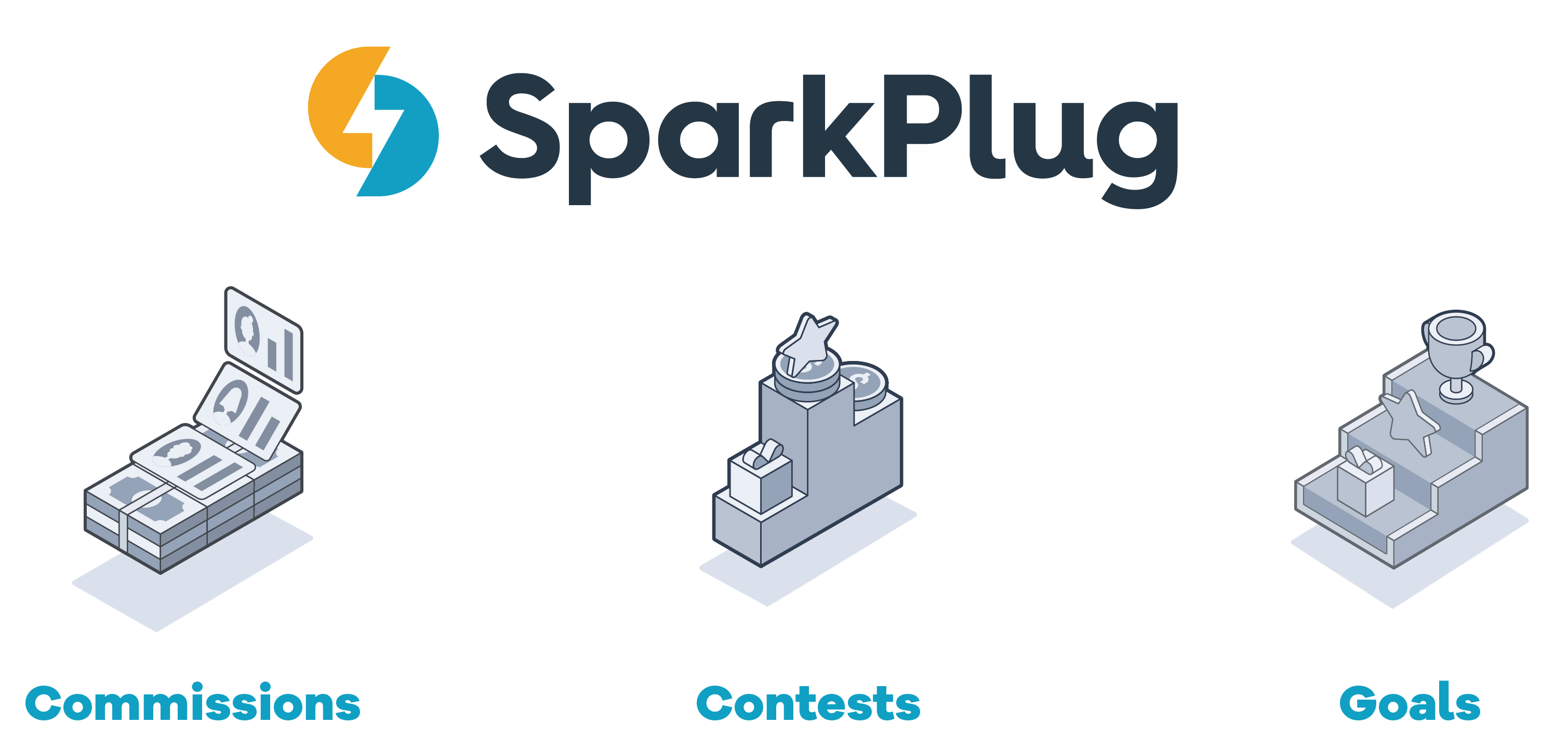Businesses worldwide are facing a labor shortage, and many leaders in the business world are panicking. With companies unable to fill essential positions, their operations are direly strained. While many are blaming unemployment subsidies and gig platforms for the shortage, upon further investigation it's clear that changing labor dynamics are the result of something far more problematic.
At the end of the day, these employees were unhappy with their working conditions and likely have been for some time. The pandemic allowed employees to reevaluate what they wanted out of a job. For many, especially those who had been doing essential work during the shutdowns, rethinking their lives meant finding a job that paid better and gave them more freedom, flexibility, and sense of purpose.
Some experts have called this phase the "the great reevaluation," which led to "the great resignation"—when thousands of people quit their jobs because they didn't feel valued or appreciated by management anymore.
Over the past year, this problem has come to a head. As more workers are needed to meet consumer demand, businesses are in the throes of a labor crisis and a supply chain crisis.
So how can companies attract new talent during the Great Resignation? How can they retain their current talent? And what must they do to ensure their talent isn't just sitting around at home in pajamas all day?
This article will answer these questions so your business doesn't end up as roadkill on the highway of economic recovery.
Communication is key
In the past, unions were a way for employees to communicate with their employers. However, with the decline of unions and the rise of freelance and gig-based work, communication has been dramatically reduced or absent altogether.
The lack of communication is causing a problem in which employees cannot voice their needs and desires, causing them to leave jobs at a much higher rate than they have in the past.
With employee departures at a record high, employers are looking for ways to attract and retain their talent.
And it seems that the solution is simple: Give them a voice!
Employees have always wanted to feel like they were heard and respected by their employers. To address this issue, employers must implement new strategies for giving employees what they want.
For example, one way for employers to give employees a voice is by creating open forums where all employees can express their opinions freely without fear of being reprimanded by superiors. It will allow them to feel heard and respected in a safe space.
Motivate your Employees
If you're an employer, it's time to rethink your management strategy and the methods you're using to get the most out of your workers.
When employees think of themselves as owners of the businesses they help run, they're more likely to feel motivated and empowered in their roles.
So, what this means is that you need to become a non-employer.
Why? Because, as it turns out, unhappy employees lead to unhappy customers, poor productivity, and flatlining businesses.
In 2022, employees need a sense of control over their destinies. Despite the pandemic, the last decade has broken every known record when it comes to corporate profits and growth, but employees have seen their wages remain flat through it all.
And employees have begun to recognize this.
Workers, regardless of industry or role, want to feel like they are consistently improving and making progress. That's the nature of people. They want to strive for goals and achieve them.
But when people get stuck working 9-to-5 jobs under managers who don't give them anything to strive for, they start to get bored—and bored people don't stay at companies for long.
Inspire Loyalty, Don't Ask for It
If you want to inspire loyalty and trust in someone, you must be loyal to them. Loyalty and trust are two-way streets.
The same is true in the employment relationship: if you want to attract and retain talent, you have to give your employees a reason to be loyal. It's not just a matter of offering a competitive salary or benefits package. Sure, those things matter, but there's more to the story.
There are other—and often much more powerful—ways to get people on your team thinking about what they can do for you instead of what you can do for them (or what the next best offer from another company might be).
Consider all the tools you have at your disposal to motivate your team. Issue equity. Offer incentives for improved performance over time. Give raises based on merit instead of seniority. And maybe most importantly, don't treat freelancers or gig economy workers like they're disposable.
Do you think the person going out of their way to get a hold of 10 different companies at once will feel any loyalty towards one that treats them like a commodity? Don't count on it.
Do you know what will make gig workers loyal and devoted? Showing them that they're valued and cared for by your company as individuals, regardless of their status, will give them a reason to stick around—something more than money.
Show your Employees How Important they are
It might not seem obvious when you're in the weeds of running a company, but millions of people need jobs. People who would love to work for a company like yours.
So why not make sure that your employees are happy and feel valued? Doing so will attract new talent and help retain them once you already have!
The key here is balance:
Develop some employee recognition programs that will make your employees feel rewarded for their work, but not in a way that forces them to always have fun while working (because, let's face it—that's impossible).
Learn about what motivates the individuals on your team. You'd be surprised how many companies skip this step—they assume that everyone is motivated by money.
But maybe one of your employees wants her own office. Or perhaps another employee wants more vacation days. Figure out what keeps each person going and adjust accordingly.
Connect Positively with your Employees
It isn't easy to attract or hire good employees if you don't have positive relationships with your current employees. Good employees will have options in a world where great talent is in demand.
If you want people to stay, treat them well and show them the importance they bring to your company. Introduce employee recognition ideas that will help you connect better with your employees.
Employees who feel valued by their employers are more likely to remain at their jobs and recommend you as an employer. Talent attracts, after all. If you connect positively with your employees, you have already won more than half the battle!
Summing Up
The past several years have posed countless challenges to business owner, but it's safe to say that employers have learned a lot. When it comes to attracting and retaining talent, businesses are now more aware that they need to consider their employees' social, emotional, and psychological needs to be successful.
It's not enough to have a good product or idea. You need to hire the right people for the job, provide them with ample resources and support, and keep them motivated.
And in a labor shortage, it's even more critical for employers to make sure their employees feel happy and satisfied in their jobs. That is where SparkPlug comes in.
We're excited to see how your business will adapt and improve during these challenging times. With the right kind of support and investment, companies can not only survive but thrive. Contact us today to learn more about staying ahead of the competition during the labor shortage.






